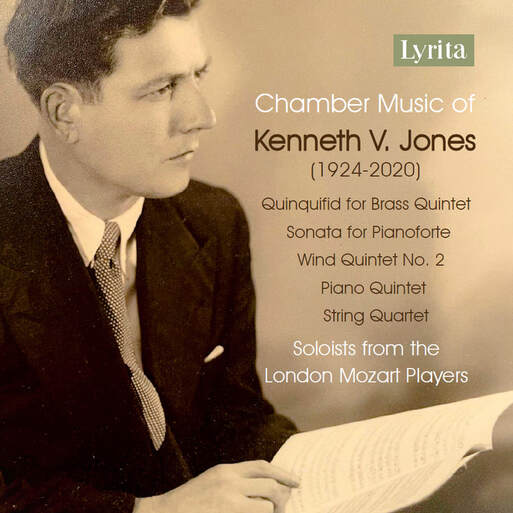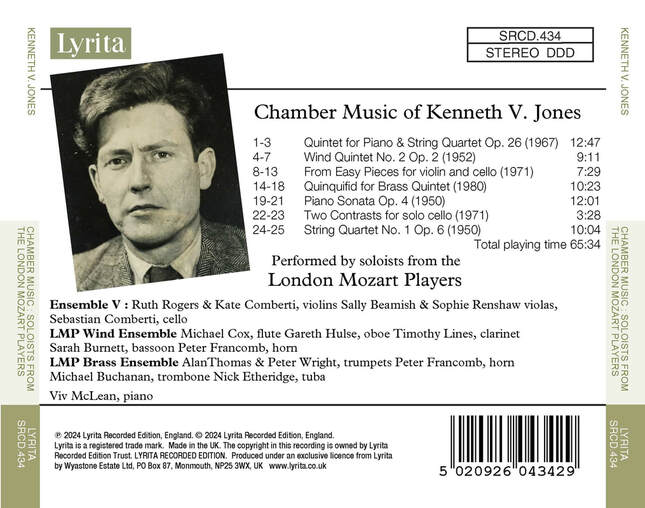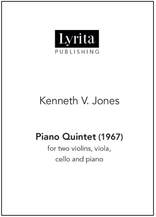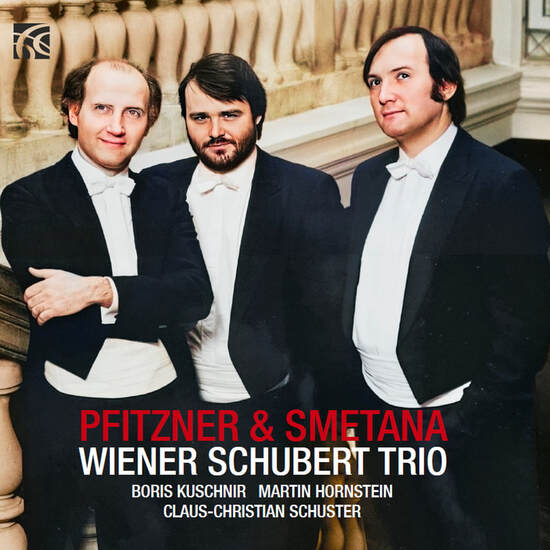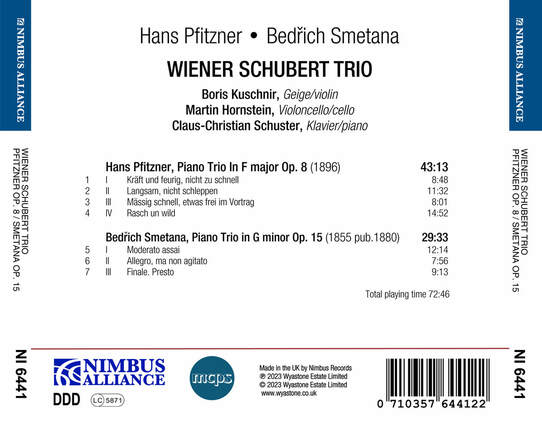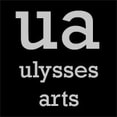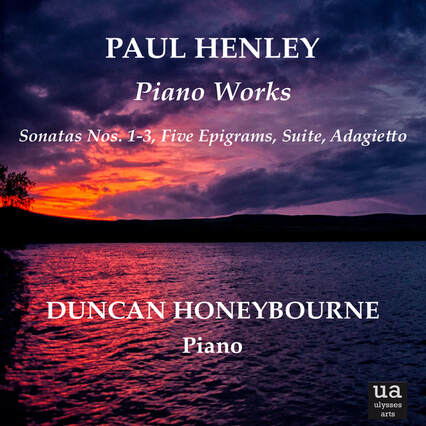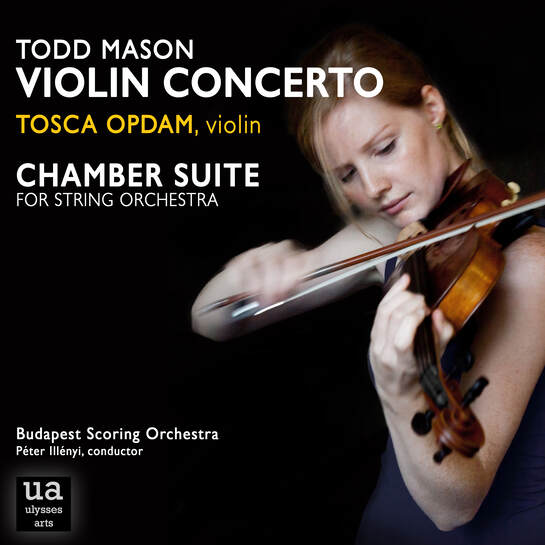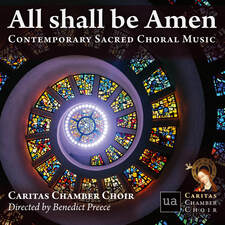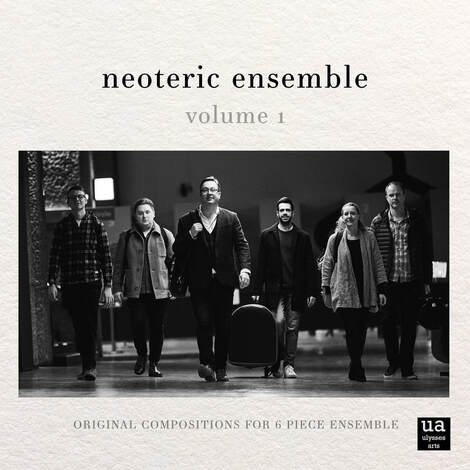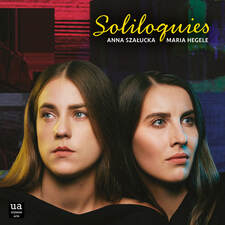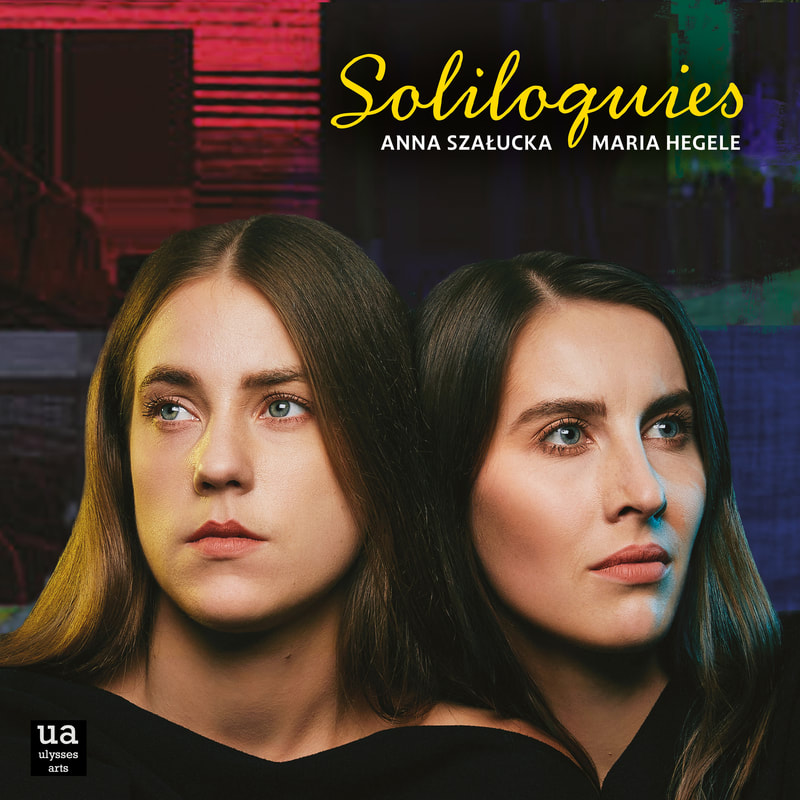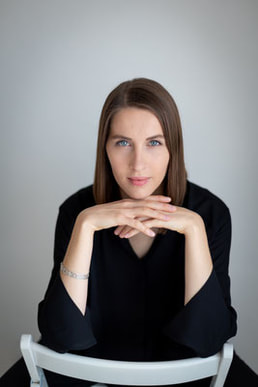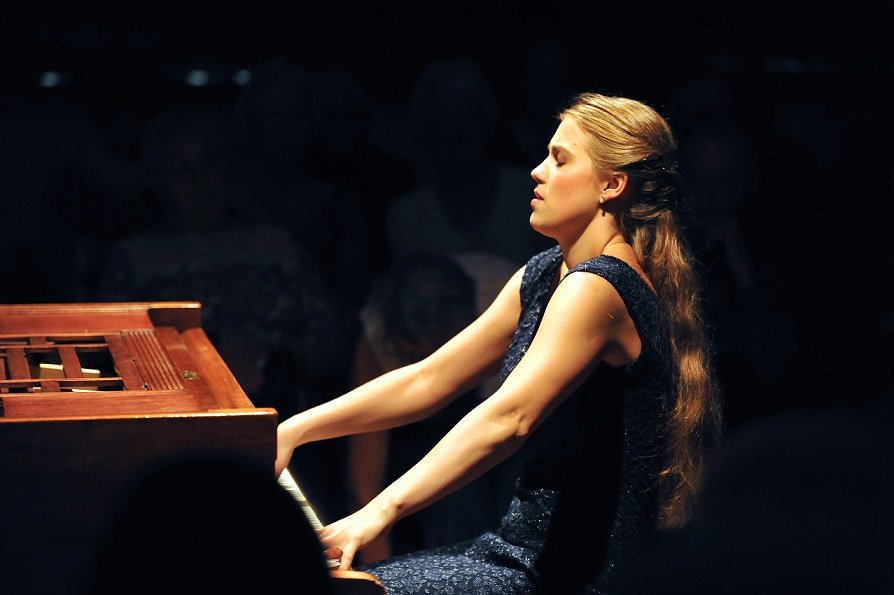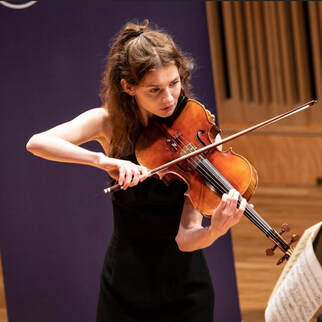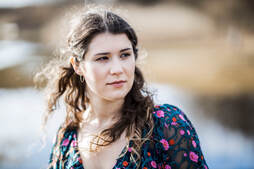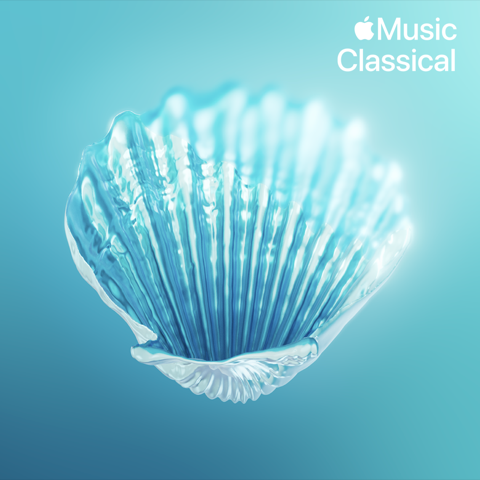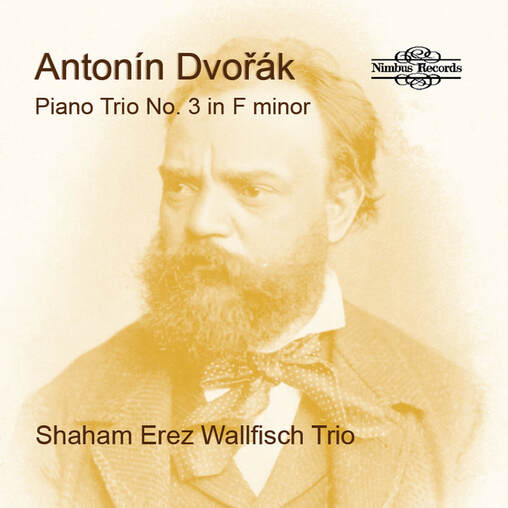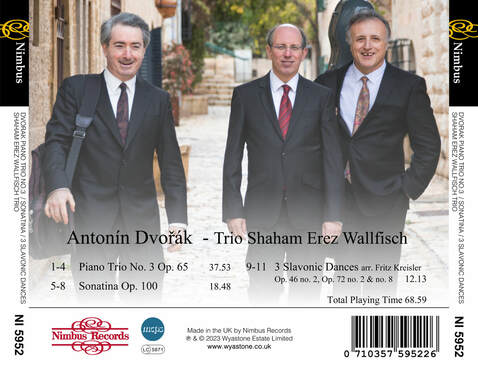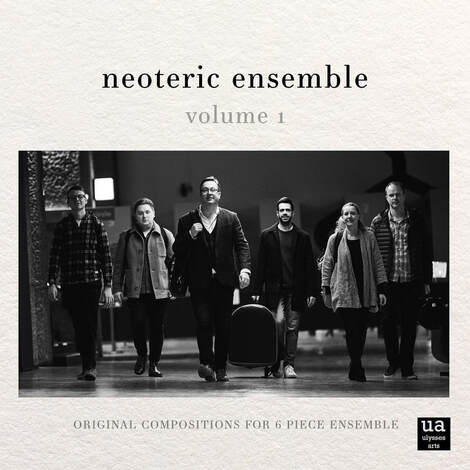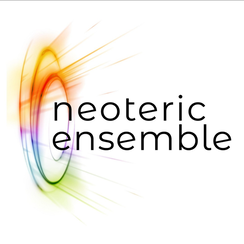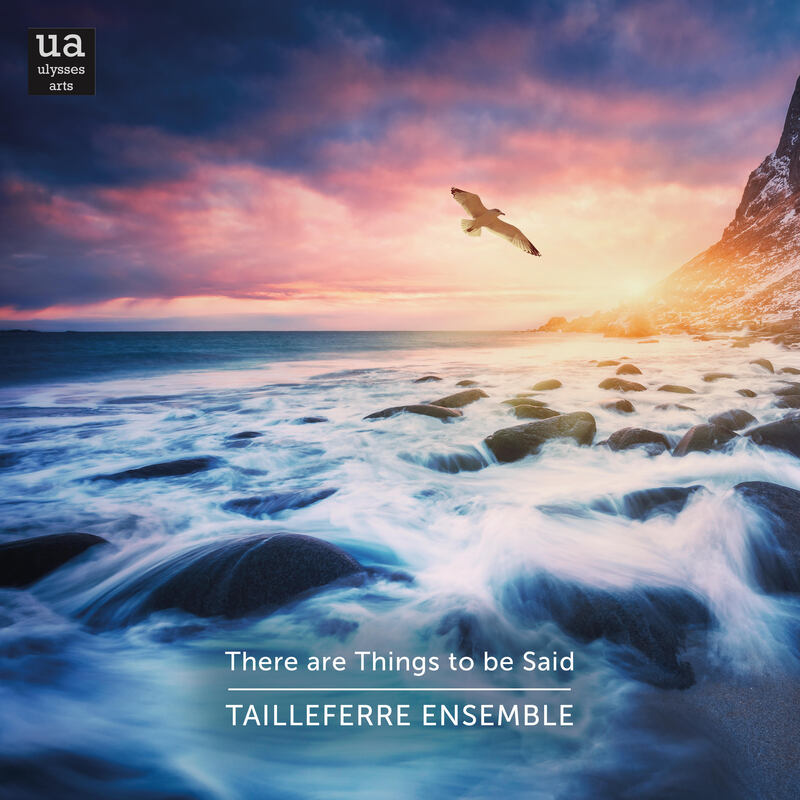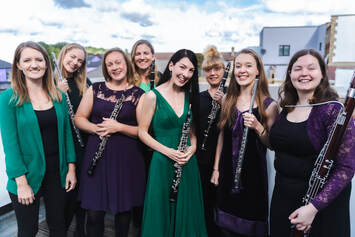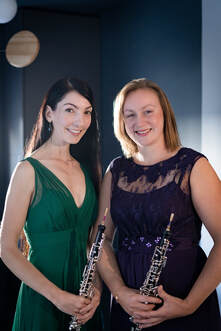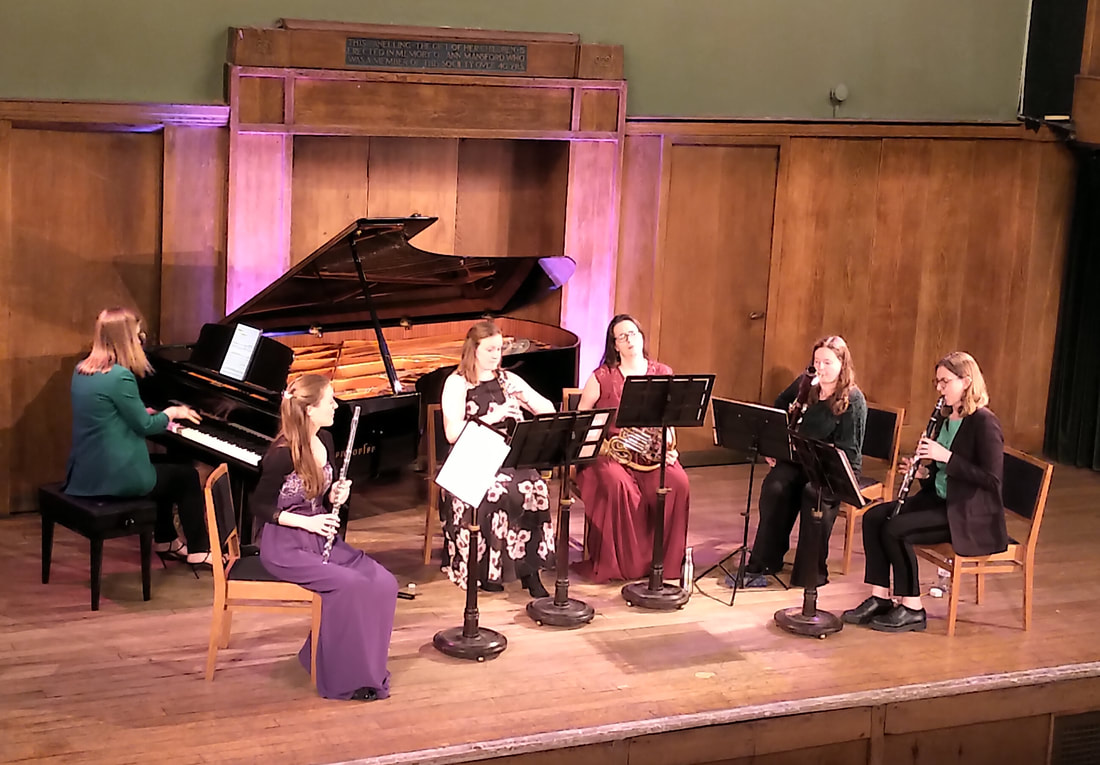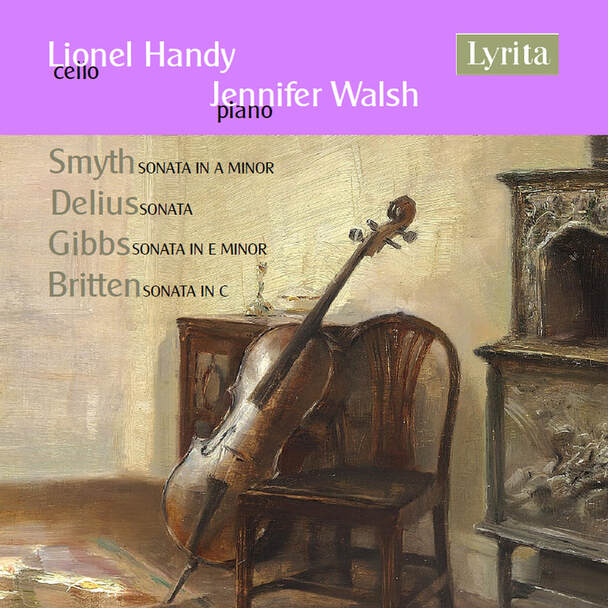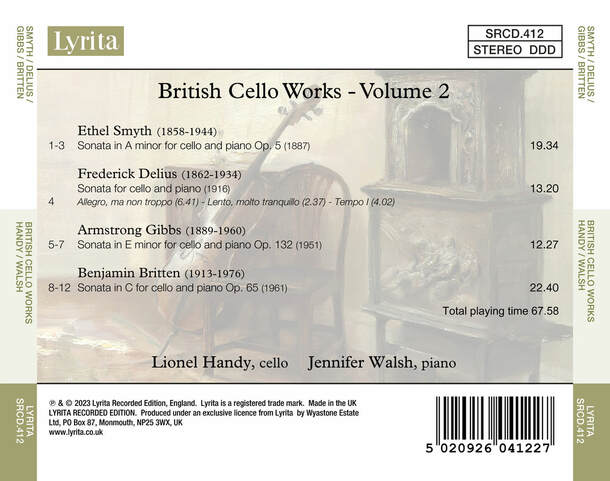 Didier Recloux
Didier Recloux
Didier started his musical career playing in bands, writing and demoing songs with friends, mainly in a pop/rock style. Progressive rock, heavy metal, pop, electronic and classical music or film composers like Maurice Jarre and Ennio Morricone have all played influential roles in shaping Didier's musical sensibilities. Belgium is also a mosaic of communities and he was therefore exposed to a huge amount of foreign music and styles.
Didier's music emphasises melody, which he describes as something he would like to call “portable”, that one can carry away from a film, bringing back the feelings experienced while watching the movie. His aspiration is to touch and move people, the way that he has been moved by the music he loves.
Didier's latest album Monsieur Linh and His Child was released on the 7 March 2024. Inspired by a novel by French author Philippe Claudel, the music illustrates the story of Monsieur LInh, an old and frail man who has to leave his country because of war, taking with him a small suitcase and his baby grand-daughter Sang Diû. The album was rated “outstanding” byMusic Review World.
His first television credit was 2014 documentary The Lost Child, written and presented by renowned broadcaster and director Zeinab Badawi (World News Today & HARDtalk), produced and broadcast by BBC World.

Earlier in his career, Didier wrote his first original score for the documentary Featherweight, directed by Christophe Hermanns (Belgium 2005). He collaborated twice with award-winning British director Lou Hamilton on Desire of the Pitbull Warrior (2010) and Angie (2012), and later with Keith Mackin and John Reck on Cops and Robbers (2013).
|
|
|
CLICK BELOW TO FOLLOW DIDIER RECLOUX ON SPOTIFY







